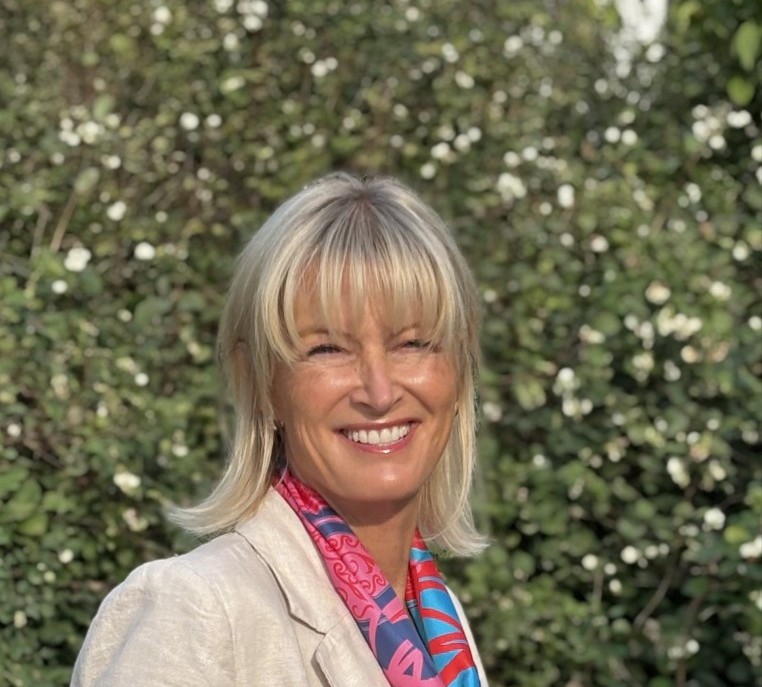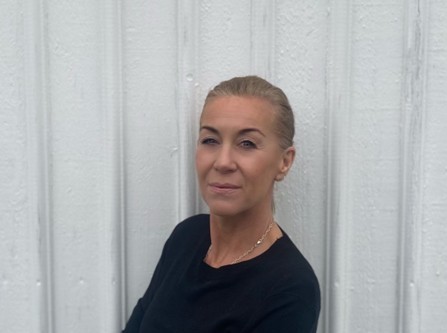This week's inspiration - Häla El Sheemy Washbrook
You have worked as a leader in several countries in varying cultures. How do you think the Swedish leadership model can


You have worked as a leader in several countries in different cultures. How do you think the Swedish leadership model can be "spiced up" with other perspectives?
I strongly like the Swedish leadership model. For me, it is inclusive, with a lot of "consensus" where you make sure everyone is on board before a decision is made. This means that it takes time to reach a decision, but once the decision is made, it becomes very strong in the group. You know which direction to run towards and it becomes easy to stand behind the decision.
What I experience is that the Swedish fear of conflict becomes the weakness. We have a tendency to take conflicts more personally than factually. I find it more difficult in Sweden to distinguish between the matter and the person compared to other countries. A consequence of this is that it becomes difficult to maintain a really vibrant dialogue. It easily becomes that you defend yourself instead of turning and twisting the argumentation.
I have been involved in really good dialogues where people have had diametrically different opinions, which has led to heated discussions, angry comments, questioning of arguments and proposals, and then landed in an incredibly good decision. When the meeting is over, you move on and leave the heated energy to be social with those you just argued fully with. I experience that in many other cultures, people have a more natural approach to this, and that is also when the magic happens in the decisions, when you dare to take it to the extreme, be brutally honest about the matter without being afraid of being "punished" in the next meeting. It is okay to show emotions about what you believe in and argue for or against fully, so that the decision becomes as good as possible.
Some time ago, you made an exciting career move from "industry" to "health". What made you make that decision?
That's a good question. I think the decision grew slowly but surely. I healed a chronic disease 12 years ago. A disease that was not supposed to be curable, but I did it with diet and lifestyle. Since then, I have witnessed several people make a similar journey. I was fascinated by how, with relatively simple measures, you can achieve major changes in your state of health.
There came a point where I saw how I could work with this and support others to a healthier life, then I started studying physiology and pharmacology at Karolinska Institutet and Functional Medicine at the Functional Medicine Institute. I had "found home".
Now I have opened a clinic with some like-minded therapists and doctors in Stockholm where I see clients part-time, while I have chosen to continue my studies part-time. The meeting with the clients is so incredibly rewarding, like the 74-year-old lady who came in during Corona and wanted to make sure her immune system was improved, as she had started to develop rheumatism in her wrists. After three months, the symptoms had decreased with the help of changed eating habits.
What can we do to create more healthy organizations?
Compared to today? A lot! It is not enough as an employer to pay for a gym membership and check off that you have done your part. That time is over. You can ensure that the organization's employees have the knowledge and tools to work proactively with their health. Invite lecturers who can explain and provide information, tools, advice and tips. You can measure how the staff is doing today - BEFORE - they get sick, so you can work proactively.
What will distinguish the really sharp organizations are those that take the next step. You should regularly measure the stress level in the business - identify what creates stress in the leaders' and employees' lives and how good their recovery is, and act on this.
Contact
What challenges are you facing today? - We would love to hear from you!





